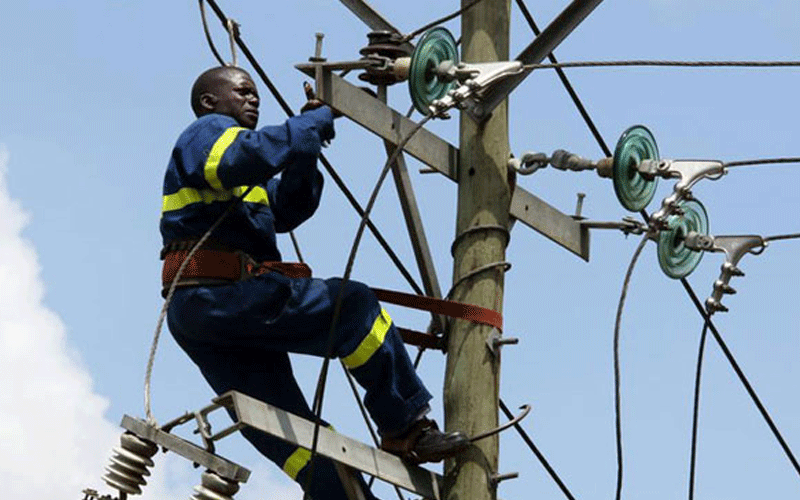State, IPPs start power purchase negotiations
By Herald Aloo, March 30, 2022The Ministry of Energy has officially started renegotiation of power purchase agreements (PPAs) with the Independent Power Producers (IPPs) as part of wide-ranging reforms to keep the cost of electricity low.
The negotiation, as recommended by the presidential Task Force Report in 2021, is targetting all the stakeholders in the sector to distribute associated risks, expenses, and losses to every player in the power value chain.
“There has also been extensive consultations with energy sector experts, regulators, legal and financial advisors, as well as other stakeholders, in the country and beyond,” Energy ministry said in a statement. “All together, these conversations have established good faith, forged comfort and clarified a pathway to successful negotiations in the shortest time possible,” it added.
Currently, households are enjoying the first 15 per cent reduction in power tariff effected in January 2022 with the second phase of another 15 per cent reduction expected to begin in the next two months. Ordinary domestic power users consuming between 100 and 1,500 units are now paying 12.60 per unit while small commercial users consuming more than 100 units pay Sh7.7 per unit. The reduction has led to an average 10 per cent saving in manufacturing costs. The statement said the ministry has engaged in listening sessions with 77 IPPs that have outlined issues of concern to both sides.
Working plan
However, lack of a clear working plan between the ministry, Kenya Power, and IPPs seems to derail efforts towards sustainable cheap electricity even in the wake of new legislation seeking to break the power utility’s monopoly.
Electricity Sector Association of Kenya (ESAK), a lobby group for IPPs and private producers, says that only one member, with 3.5 megawatts capacity, has so far been invited for negotiation. The lobby says its 30 members can produce a combined capacity of 900 to 1,000 megawatts.
In addition, the lack of regulation and clear plans to enable IPPs sell power directly to customers without connection to the national grid as stated in the Finance Act 2021, has made the prospect of accessing alternative cheaper energy still a pipe dream.
George Aluru, ESAK chairman said most IPPs have committed their entire capacity contractually to Kenya Power and with some contracts running for up to 20 years, they are left with no extra power to accommodate move towards private electricity companies that would break Kenya power’s monopoly.
Kenya Power has always blamed the skewed power procurement process for its financial woes and resulting in high costs of electricity which has partly contributed to defection from the national grid by the industrial customers who account 68 per cent of its sales revenues.
“The cost structure within the sector is lop-sided with the suppliers and IPPs consistently ripping profits with high returns on equity while Kenya Power and its consumers underwrite all the risks, expenses and losses,” Kenya Power chairperson, Vivienne Yeda said during the release of its half-year financial result for period ending December 2021.
The current take-it-or-pay power purchase agreements compels the utility to compensate IPPs for the power generated regardless of whether it is used or not.
More Articles

